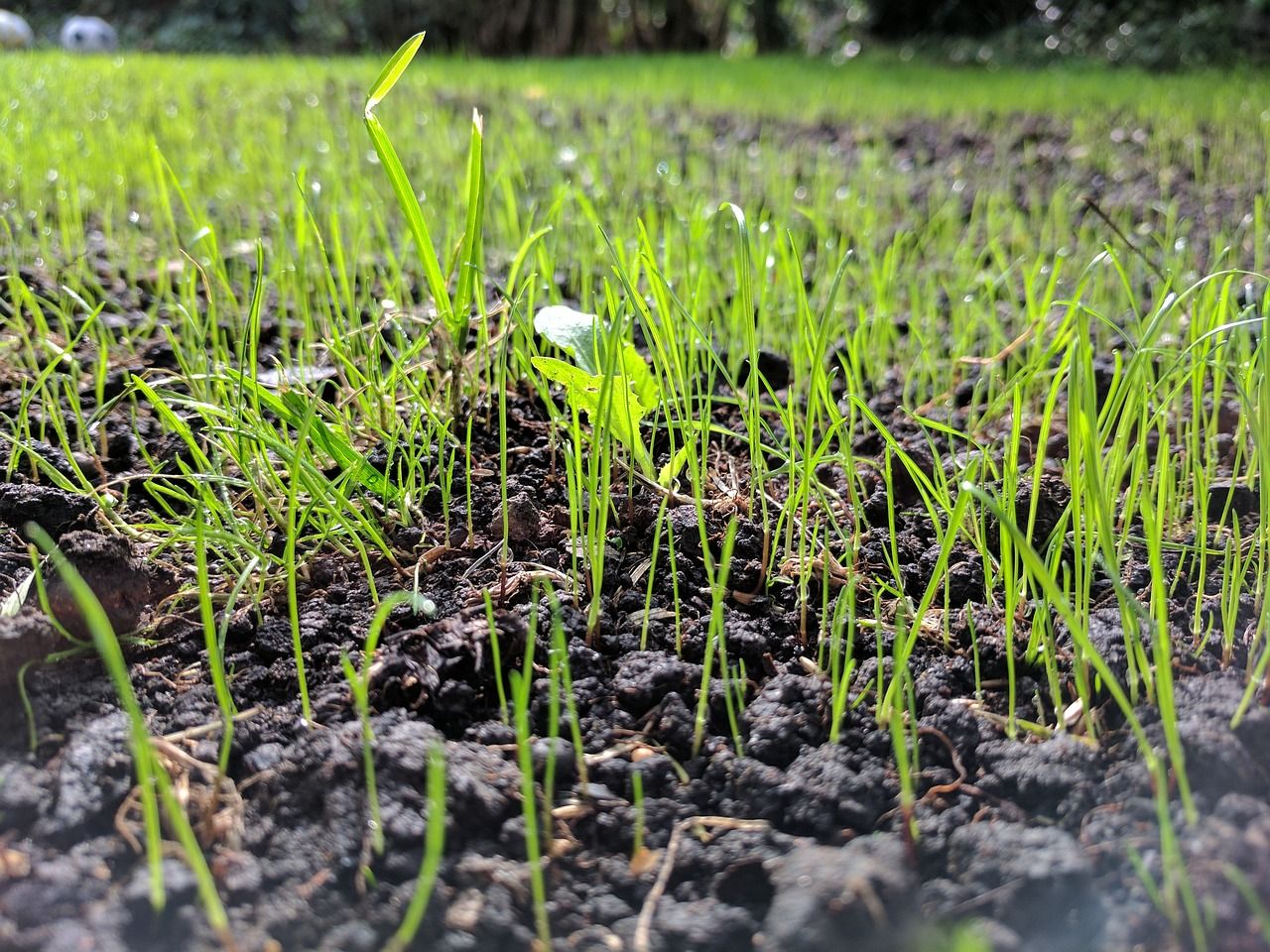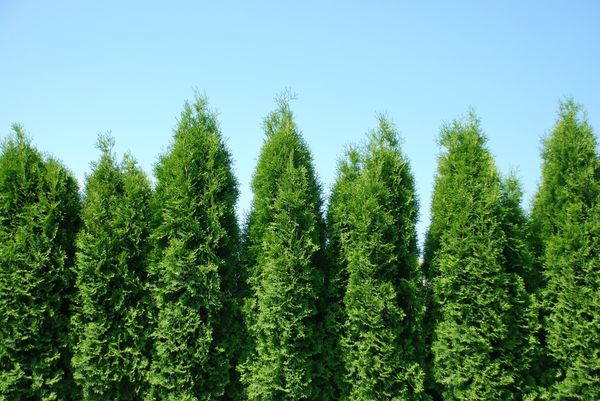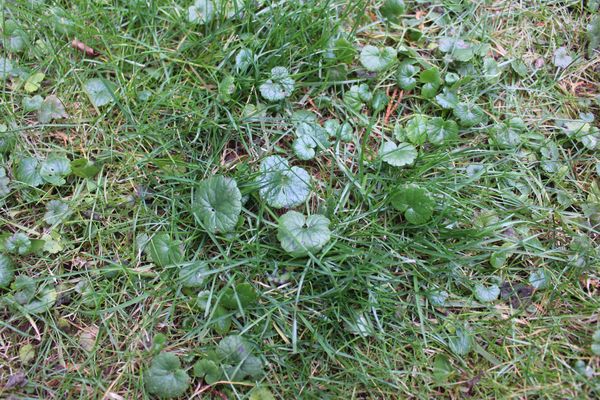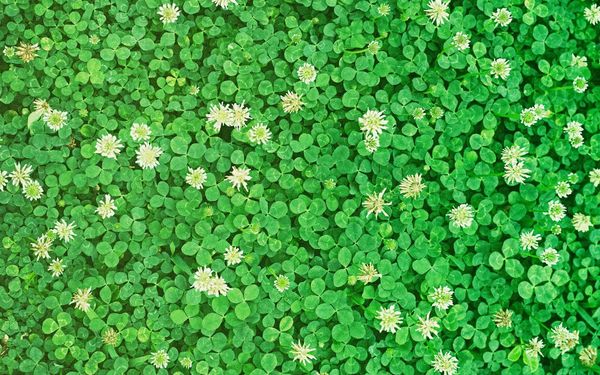You've looked at your lawn and seen that it's a touch sparse. You decide that the old bag of seeds you have stored in your garage should finally be used. Would you trust me if I claimed they could have run out of time?
I got you to think there.
Now that you're anxiously wondering whether grass seed expires let me get to the point and ask if you can still use that old grain bag.
Grass Seed Shelf Life
Grass has a best-before date, much like most other natural items. Use seeds within two to three years following purchase as a general guideline. Remember that after the first two years of storage, the likelihood of seed germination will decrease by around 10% to 20% every year.
I'll give you a brief example.
Only around 1 in 5 seeds may germinate if the package is older than ten years. That isn't good.
Try to plant the seedlings as soon as possible, preferable within the first two years after purchase. However, it all depends on how you keep your seeds stored. But more on where to keep them in the future.
So how long will seeds be viable?
It's more complicated than putting an expiration date on the bag to determine how long grass seed lasts. The time that a bag of seeds can stay viable depends much on how it is stored, even if an unopened bag of seeds may survive longer than an opened one.
While an unopened bag will endure for at least five years, an open pouch that is kept correctly may last up to 18 months. Where did I learn this?
The Oregon State University Seed Lab specialists, who are more knowledgeable than I am, claim that grasses that grow in hardiness zones 3 to 9 (like ryegrass) may live up to 5 years if the seeds are stored in the right circumstances.
The average storage life of other popular grass types like fescue or Bermuda is up to three years. However, bear in mind that when in storage, the likelihood of germination is still decreased, so you'll need to use more seeds to cover an area since some of them won't sprout.
When it expires, does grass seed go rancid?
A good query! Since the expiration date on the bag is merely a rough estimate, it might be challenging to determine whether the expired grass is going bad if there are no obvious indicators. Everything relies on how you keep your grass seeds stored.
If you're on the fence about spreading the expired seeds, thoroughly examine the roots for evidence of fungus. Throw them aside if they are moist or clumpy. This indicates that you need to save them properly.
Do Old Seeds Still Germinate?
From my experience, using outdated seeds won't change the outcome. Why?
Does the seed have a shelf life? Yes, according to the manufacturer's expiration date printed on the package. Does this, however, impact seed germination?
Most consumers depend very little too heavily on the items' expiration dates. A grass seed package may contain a "sell by" or "best before" date if you check the date on it. Some seed packets also include a "sow by" date that doesn't even describe how fresh the seeds are.
Just as with their fresh counterparts, outdated seeds will still produce much growth. However, to be safe, do a quick test to see if your expired seed successfully germinated. Later on, I'll describe how to do such a test.
How to Keep Grass Seeds Safe
You probably couldn't wait for this section! I'll start it now.
The storage conditions greatly influence the lifetime of grass seeds. While most people advise keeping your basis in an outside shed or garage, such spaces aren't optimal because of the exposure to humidity and heat.
Given the limited room in your refrigerator, you may scowl if I suggest keeping your sealed bag of seeds next to your milk carton.
Okay, so not everyone may find this helpful. Instead, look for the most fantastic spot in your house, such as the cellar or basement. Anywhere that maintains a temperature between 40 and 55 degrees Fahrenheit is suitable.
Before you exclaim, "Phew, that was simple!" We still need to finish advising on seed storage! More guidance is provided further down the page.
Practical Seed Storage Advice
- The storage area must be cold, dark, out of direct sunlight, and dry; ideally, it should be in an air-conditioned room.
- Even if the seed bag is still sealed, ensure enough ventilation to circulate the bag.
- Keep seed packs apart from one another to prevent moisture accumulation.
- Ensure you properly store any extra seeds in the mesh bag or burlap I indicated earlier if you don't need more than the entire bag to cover your uneven grass.
Remember that you must sow the land more densely for best results if you want to utilize old grass seeds preserved for over three years.
Grass Seed: Can It Freeze?
If you freeze your grass seed briefly won't impair its vitality.
There is no reason why you cannot temporarily freeze unneeded seeds since sown seeds often stay dormant at cold temperatures. The quality of your grass seeds shouldn't be affected by one or two brief frosts.
Three Steps to Determine If Seeds Are Viable
It's time to put my seed testing hack to the test. Since some grass seeds are probably still viable long after expiration, this is a simple approach to determine their viability.
Step 1: Spritz a paper towel with a bit of water.
Step 2: Put five or six seeds in the paper towel and keep them somewhere warm. You could put the towel on the radiator or the clothes drier.
Step 3: Check to see whether any of the seeds sprout after a few days.
That's all, then! Try this test before you throw away your old grass seeds because you believe they're no longer suitable.
Conclusion: Storing Grass Seeds
A grass seed's shelf life is true. However, how it is kept will determine whether it completely spoils. The seeds will stay viable longer under colder, dryer storage conditions, but the germination rate will decline annually.
Grass seeds often stay the longest in the refrigerator when stored in a sealed container. If stored in the coolest, driest corner of your house, they have a five-year shelf life, but most people won't bother.
Taking care of your lawn requires understanding the essential dynamics of grass seed viability, including how to properly store grass seeds. It is clear that grass seeds do not necessarily expire but can lose their potency over time, causing a decrease in germination rate. Storing grass seed correctly – in a cool, dry, and dark environment – can significantly prolong its effectiveness, allowing you to make use of even old grass seed.
With the knowledge of how to test for seed viability and the correct storage methods, you can make the most out of your lawn seeds, thus saving time, money, and effort. Therefore, while expired grass seeds are not harmful, their reduced germination rate may pose challenges to achieving a lush and healthy lawn. Be proactive in your lawn care regimen by understanding and applying these simple steps to ensure your grass seeds' longevity.






